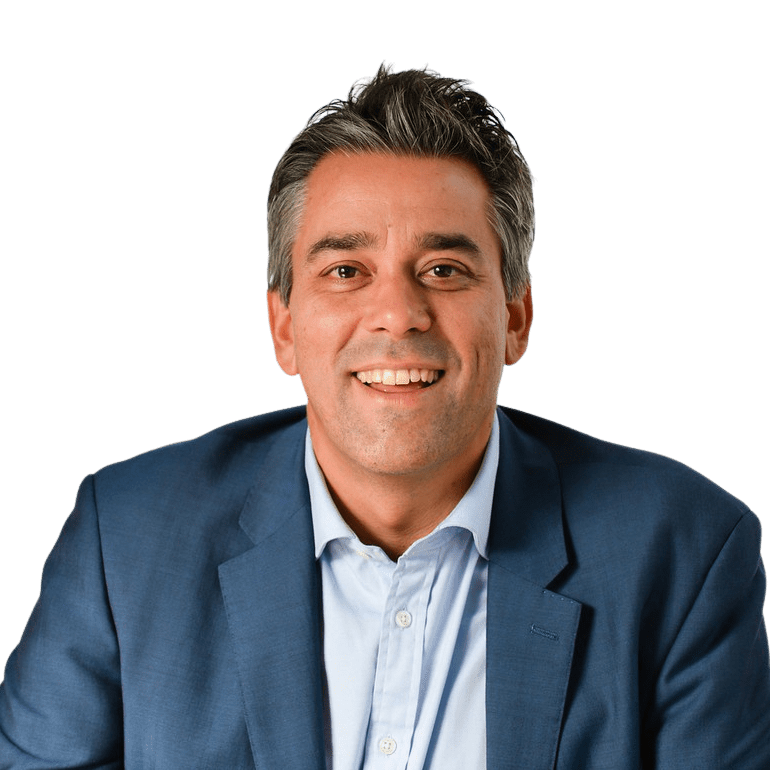Beyond the Bottom Line
What society expects from business is evolving rapidly. New business models mean that intermediaries are being removed and traditional value chains are being disrupted. Advances in AI and automation are having profound effects on employment. Communities are exerting enormous social pressure and questioning globalisation. Furthermore, we urgently need to separate economic growth from the consumption of finite resources.
Businesses must understand that beyond providing returns to their shareholders, they play a critical systemic role in the development of society and guardianship of the global environment. At Oxera, we help our clients to navigate these questions and cultivate sustainable, forward-looking business models.
Moving towards a stakeholder model of governance
Business leaders are being asked about the need to commit to meaningful long-term strategies that satisfy a broader range of stakeholders. Many organisations now understand that they must look beyond simply returning value to shareholders; they are recognising this lone pursuit can have a negative impact on the very fabric of the societies in which their businesses operate.
These issues also resonate with investor communities. They must agree strategies and collaborate with other investors and institutional shareholders, in order to achieve significant positive outcomes.
Several factors are driving this evolution in thinking. Regulators and governments across Europe continue to challenge business models that traditionally operate purely for short-term financial gain. Politicians, consumer groups and competition authorities are also increasingly active in getting firms to think more critically about their conduct in terms of fairness, pricing and consumer outcomes. Meanwhile, there are issues of inequality and informational imbalances to address; some consumers simply do not have access to the information they need when making decisions.
The critical role of economics
It is incumbent on businesses to seize the initiative on these issues, increasing legitimacy and trust in their activities and contributing to wider sustainability. We are slowly beginning to see this shift in attitudes emerge across companies in Europe.
A new way of thinking is the first step to addressing the scale and complexity of the challenges that business leaders face. This approach needs to strike the right balance between five forms of capital – financial, physical, human, social and natural – to satisfy the needs of all stakeholders and shareholders in the long term.
We believe that economics, with its ability to understand trade-offs, plays a vital role in establishing this new approach. It provides understanding and insights around which businesses can coalesce. Organisations must comprehensively understand and quantify the trade-offs between forms of capital, to model cause and effect, and to create frameworks that help businesses to stay within the boundaries of competition, fairness, and regulation.
Helping to redefine and redesign businesses and markets for long-term resilience, expert economic advice makes organisations think more strategically and base their short-term decisions on well-considered financial frameworks. Moreover, this advice can help to crystallise solutions to long-term challenges such as material and fuel scarcity.
How we are applying a new approach
Oxera focuses on applying this thinking to ensure the suitability and success of our organisation and the clients we work with, by balancing the five forms of capital. We embed these values in our frameworks, allowing us to remain competitive and innovative, and to achieve our long-term goals.
As an economics consultancy, we are acutely aware that one of our own main sources of capital is the talented individuals who work here. These bright people could be doing many other things in society, so we have to ensure that they are growing and enjoying the work they do with us.
Investing in human capital is a fundamental part of Oxera’s current and future business model: focusing on developing the skills, knowledge and attributes of our people. We give each employee clear meaning, purpose and direction in the roles that they play and the contributions that they make.
Measuring the success of new models
We have already begun to help clients evolve and adapt their business models to meet these changing expectations. For example, in financial services, we are assisting firms to ensure that their models do not exploit behavioural biases.
In utilities, water firms are developing business plans that capture the trade-offs between natural and financial capital, and are making the implicit social contract explicit. Technology firms are thinking about how to balance the benefit they provide to consumers with the impact on suppliers and competitors.
These are broad shifts. How can the business community know if we have collectively been successful in achieving these new goals? At present, there is no simple, unified way to set objectives and evaluate performance for the different forms of capital.
Economics can power new perspectives and support long-term business sustainability by measuring the cause and effect of a range of scenarios, and supporting companies in meeting the needs of the broadest range of stakeholders. Considering how we make use of and generate returns to the five forms of capital is a natural extension of this philosophy.
It is not a straightforward journey. Indeed, for many businesses, this is uncharted territory. Success will come only if we continue to discuss and debate every aspect. We must chip away together at seemingly difficult trade-offs until their complexities unravel and solutions begin to emerge. It is in this spirit that I ask businesses, organisations, and policymakers: are you ready to think beyond the bottom line?
Download
Related

Economics of the Data Act: part 1
As electronic sensors, processing power and storage have become cheaper, a growing number of connected IoT (internet of things) devices are collecting and processing data in our homes and businesses. The purpose of the EU’s Data Act is to define the rights to access and use data generated by… Read More

Adding value with a portfolio approach to funding reduction
Budgets for capital projects are coming under pressure as funding is not being maintained in real price terms. The response from portfolio managers has been to cancel or postpone future projects or slow the pace of ongoing projects. If this is undertaken on an individual project level, it could lead… Read More

